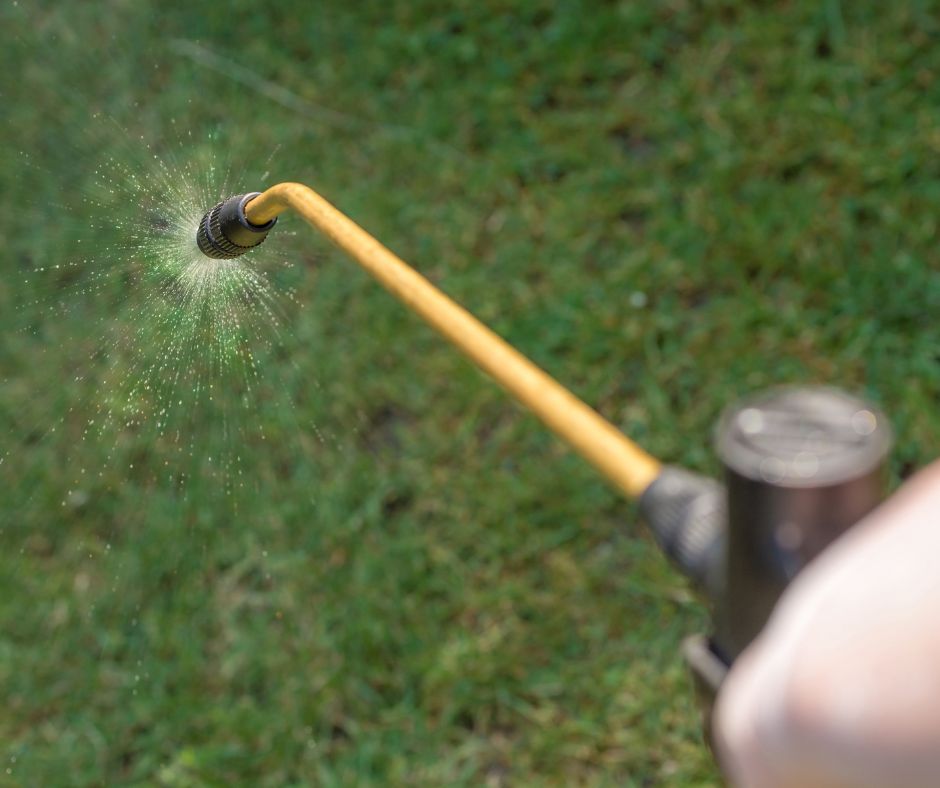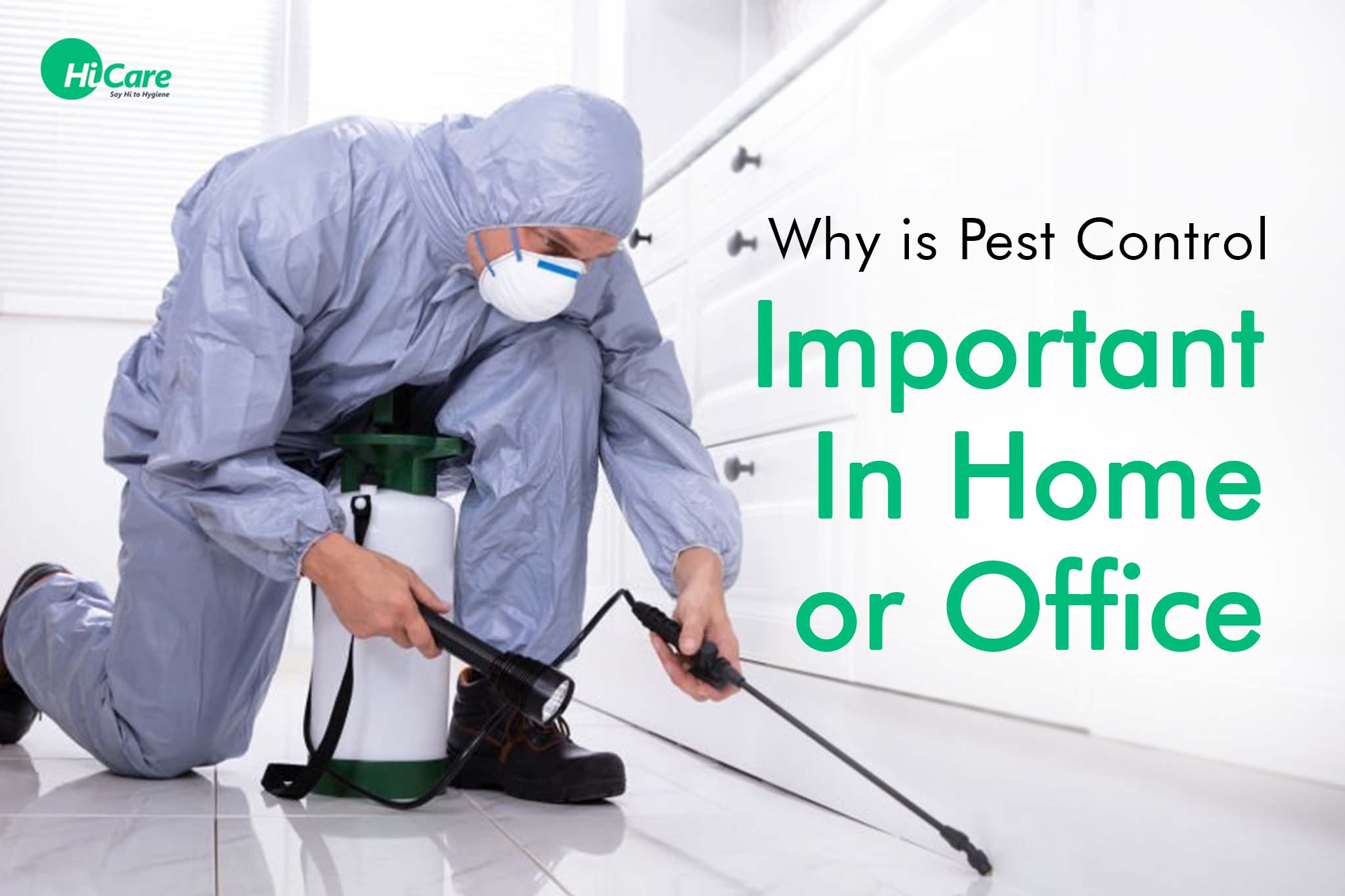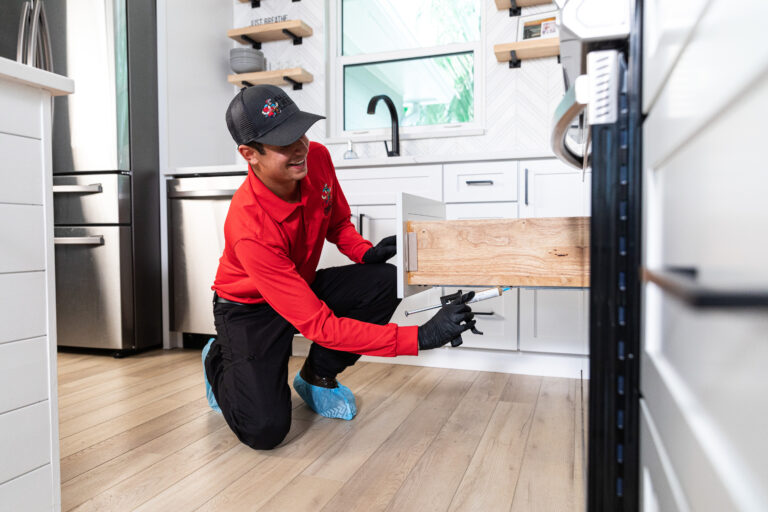Get Rid of Mosquitoes with Reliable Mosquito Control Services in Port Charlotte
Wiki Article
Discover the current Advances in Parasite Control and Exactly How to Execute Efficient Treatment Solutions
In recent years, the field of pest control has seen substantial developments, driven by the demand for sustainable and efficient treatment solutions. Cutting-edge strategies such as Integrated Bug Administration (IPM) combine environment-friendly techniques with innovative modern technology, improving both effectiveness and environmental obligation.Eco-Friendly Insect Control Options
Recently, the need for green bug control choices has risen as services and home owners alike look for sustainable options to typical chemical treatments. This change is driven by expanding environmental awareness and a need to lessen the wellness threats connected with synthetic chemicals.

Eco-friendly bug control techniques encompass a series of techniques that focus on using natural compounds and techniques. Integrated Parasite Management (IPM) is one such technique, incorporating biological, social, and mechanical techniques to handle bug populaces while minimizing dependence on chemicals (Wildlife removal services). This alternative method highlights prevention with environment control and the intro of all-natural predators, consequently cultivating a balanced environment
Another preferred choice is making use of botanical chemicals originated from plants, which often tend to be much less hazardous to non-target microorganisms. Products like neem oil and diatomaceous planet have actually obtained grip for their effectiveness in regulating bugs while positioning very little risks to human wellness and the setting.
Additionally, exemption strategies, such as securing entry points and maintaining cleanliness, play a vital role in environment-friendly bug management. By adopting these lasting methods, people and companies can successfully handle pests while promoting a much healthier world for future generations.
Smart Innovation in Bug Administration
Advancement is reshaping the landscape of insect monitoring, with clever technology becoming a pivotal pressure in boosting efficiency and performance - Wildlife removal services. The combination of Web of Things (IoT) devices, expert system (AI), and information analytics is transforming exactly how bug control professionals come close to infestations
Smart traps equipped with sensors can identify pest task in real-time, sending out prompt alerts to drivers. This permits for timely reactions, reducing damages and reducing the need for extensive therapies. Furthermore, AI algorithms assess historical information to anticipate parasite actions, allowing aggressive interventions based on ecological conditions and infestation patterns.
Drones and automatic vehicles are additionally playing a substantial function in insect administration, providing aerial evaluations of large locations, identifying hotspots, and also distributing targeted treatments. These innovations not only enhance procedures yet likewise boost safety and security by limiting human direct exposure to potentially damaging chemicals.
Additionally, mobile applications encourage customers to monitor parasite activity and gain access to specialist advice, cultivating a joint strategy to pest management. In general, the fostering of wise innovation is establishing a brand-new requirement in bug control, stressing data-driven decisions and sustainable practices that eventually profit both house owners and specialists alike.
Integrated Parasite Administration Strategies
Integrated Bug Administration (IPM) uses an alternative strategy to pest control, incorporating various methods to properly handle parasite populaces while decreasing threats to human health and the setting. IPM rotates around comprehending the pest life process, their all-natural adversaries, and the community in which they grow.One of the essential components of IPM is checking pest populations with routine examinations and information collection. This enables the recognition of insect limits, identifying when treatment is essential. Social practices, such as crop rotation, habitat, and hygiene manipulation, are essential in decreasing insect prevalence and promoting plant health and wellness.
Mechanical controls, consisting of obstacles and traps, are likewise important in IPM. These techniques can physically get rid of or deter insects without making use of chemicals. When necessary, the cautious application of chemical controls is employed, concentrating on targeted treatments that lessen environmental effect.
Education and learning and partnership amongst stakeholders, including farmers, parasite control specialists, and the area, are important for the effective application of IPM techniques. By focusing on lasting methods, IPM not just addresses pest concerns but additionally fosters a much healthier ecosystem.
Biological Control Approaches
Many biological control approaches are progressively acknowledged for their effectiveness in managing parasite populations while promoting eco-friendly balance. These techniques harness natural killers, parasites, and microorganisms to reduce pest numbers without depending on artificial chemicals. For example, the introduction of ladybugs can properly regulate aphid populations, while nematodes target soil-dwelling bug larvae.Additionally, the usage of microbial pesticides, such as Bacillus thuringiensis (Bt), offers an eco friendly alternative for handling caterpillar insects. These products specifically target pest types, decreasing injury to useful pests and pollinators. In addition, conservation organic control emphasizes improving habitats for all-natural adversaries, such as birds and advantageous insects, thus motivating their existence in farming systems.
Research proceeds to expose ingenious techniques within this field, such as the usage of pheromones to disrupt pest mating patterns or the advancement of biocontrol agents via genetic engineering. Implementing these techniques can bring about lasting pest management practices that minimize the reliance on chemical interventions, eventually promoting healthier ecological communities. As awareness of these strategies grows, they are ending up being integral parts of integrated insect management (IPM) approaches, supplying a balance between effective insect control and environmental stewardship.
DIY Parasite Control Solutions
As home owners look for efficient methods to deal with pest problems, do it yourself insect control remedies have acquired popularity for their availability and cost-effectiveness. These methods empower individuals to attend to infestations using readily available products and techniques, typically without the demand for professional treatment.
Furthermore, preserving appropriate cleanliness and normal examinations can prevent pest access and nesting (Wildlife removal services). Straightforward techniques, such as securing cracks, getting rid of food sources, and decluttering, can considerably reduce pest populations. Traps, both homemade and commercially offered, can likewise provide efficient services for surveillance and regulating specific pests like insects or rodents

Conclusion
The assimilation of eco-friendly insect control choices, clever technology, and innovative administration approaches provides a thorough strategy to effective insect administration. By accepting Integrated Bug Monitoring (IPM) and making use of biological control methods, together with DIY options, liable and lasting parasite control can be attained.Eco-friendly insect control methods encompass a range of strategies that prioritize the use of natural substances and practices. Integrated Insect Administration (IPM) is one such method, integrating biological, cultural, and mechanical tactics to handle parasite populations while reducing reliance on chemicals. As recognition of these strategies expands, they are ending up being important elements of integrated pest management (IPM) Exterminator in port cgarlotte approaches, using an equilibrium between effective parasite control and environmental stewardship.
The assimilation of environmentally friendly pest control alternatives, wise innovation, and cutting-edge monitoring methods presents a detailed approach to efficient parasite management. By embracing Integrated Parasite Monitoring (IPM) and making use of organic control methods, along with DIY solutions, responsible and lasting parasite control can be attained.
Report this wiki page